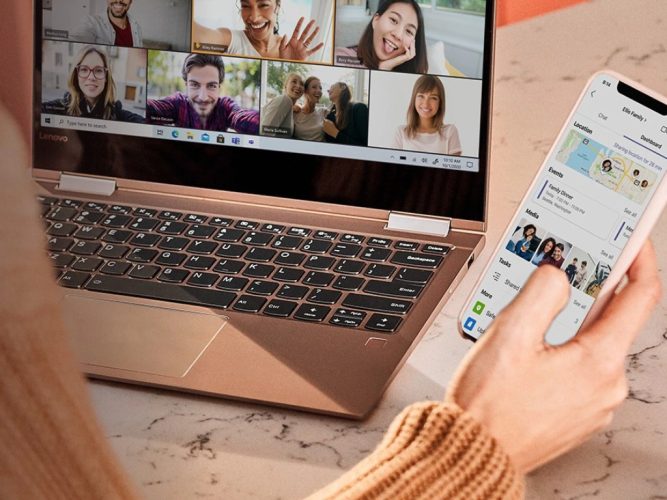Ignite Nov 21: Why Teams for consumer just became a lot more important
2 min. read
Published on
Read our disclosure page to find out how can you help Windows Report sustain the editorial team Read more

When you think of Microsoft Teams, you probably think of something that you use at school or work. Even with the new “Teams for Consumers” chat app in Windows 11, though, Teams isn’t quite as mainstream in the personal space compared to chat apps like WhatsApp or Telegram. Well, Microsoft is taking the raw power of Teams for consumers and just crossed the lines a bit with Teams for business and enterprise.
At Ignite 2021, Microsoft announced that by the end of 2021 it will be allowing Teams users to chat with team members outside their work network with a Teams personal account. This means teams enterprise users will be able to invite any Teams users to chat using an email address or phone number, while still reaching the security compliances of their organization.
Such a move might seem small in the long run, but for organizations, it’s an important one. Seeing as though not all of a business’ clients might be using Teams, this lets Microsoft and organizations spread Teams to external users without creating security risks or the hassle of guest accounts. After all, Microsoft did find that employees already connect with customers and vendors, during work, leading to using different collaboration or even personal apps.
For the popularity of Teams, it’s even more important. Seeing as though Skype for Business is already in use by many organizations, it’s huge to see that Microsoft picked Teams for Consumer, instead of Skype for this interoperability. In the long run, this also shows how much of a platform Teams has become since it was first introduced.
Much like what it did with its Windows operating system, Microsoft has created the Teams platform and is able to tap into it to solve common problems. Using Teams for the consumer in enterprise to chat with external users is one of those, and Microsoft Mesh is another. We covered it in a separate post, but Mesh combines the work Microsoft has done in Mixed Reality with the work done with collaboration on Teams to let users communicate, collaborate and share with a personal virtual presence.








